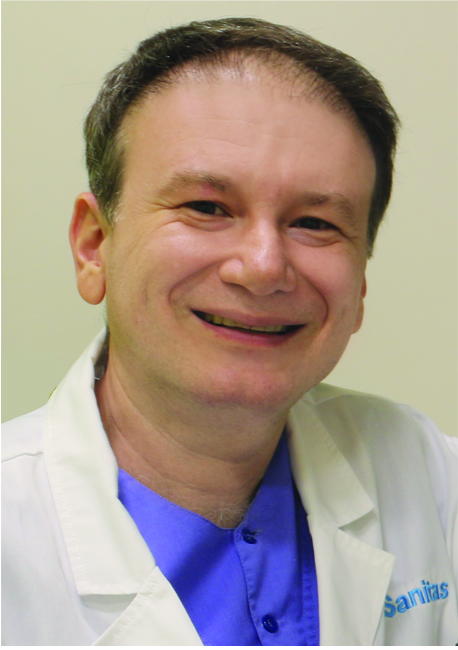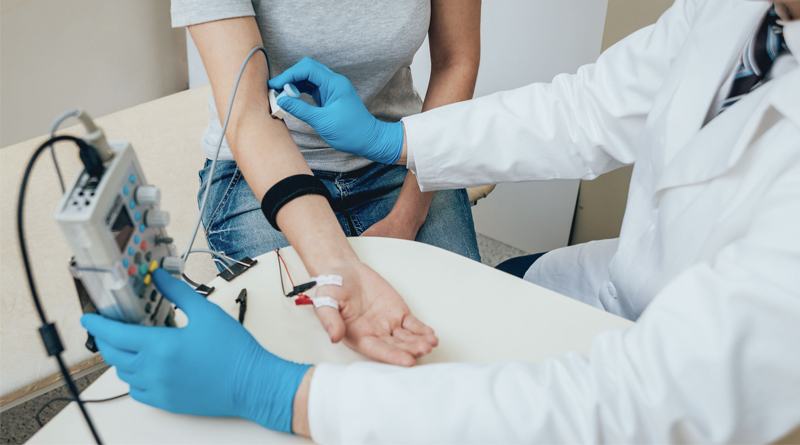Does it Matter Where do I Have my Electrodiagnostic Testing Done?

By: Charles Lascano, MD, CAQSM, DABFM.
Sports Medicine Physician. Sanitas Medical Centers.
If you have weakness or numbness in your arms, hands, legs, or feet, measuring the speed and degree of electrical activity in your muscles and nerves can help your doctor make a proper diagnosis. This process is called electrodiagnostic testing. Two tests commonly used are Electromyography (EMG), and Nerve conduction study (NCS). The latter is also called nerve conduction velocity (NCV) test. These tests are to be administered by a neurologist (a doctor who specializes in the study of the nerves) or a physiatrist (a specialist in rehabilitation medicine). The accuracy of electrodiagnostic tests depends on the skill of the person conducting the test and the precision of the equipment used. Therefore, it is very important to choose the right place to have these tests done. This article gives important tips to choose the right place to have the electrodiagnostic tests done.
Tip # 1. Make sure that you schedule your appointment with a neurologist or a physiatrist with training and credentials for electrodiagnostic testing. You can also ask them if they are certified by the American Board of Electrodiagnostic Medicine. Other specialists are not recommended for these tests.
Tip # 2. Some specialists require an initial consultation visit before doing the test, which increases the patient’s costs and time spent. Make sure to confirm which ones do not require this before scheduling the appointment.
Tip # 3. Beware of sites that offer “everything under one roof” like some imaging centers or some surgeons or orthopedic offices. The EMG part of this test is a medical procedure so the technician would do only the NCS (or NCV) part. Also, for the NCS part, the technician requires the physiatrist or neurologist’s supervision.
Tip # 4. Make sure all what it is in the test order is done at the time of the visit. For example, if the order asks for bilateral arms, make sure both arms are tested. If the order asks for NCS and EMG, make sure to confirm that both tests are done. These two tests are usually done together.
Tip # 5. The best source of advice might be your trusted medical provider, who would have no conflict of interest and who would know whom to trust for these tests.

